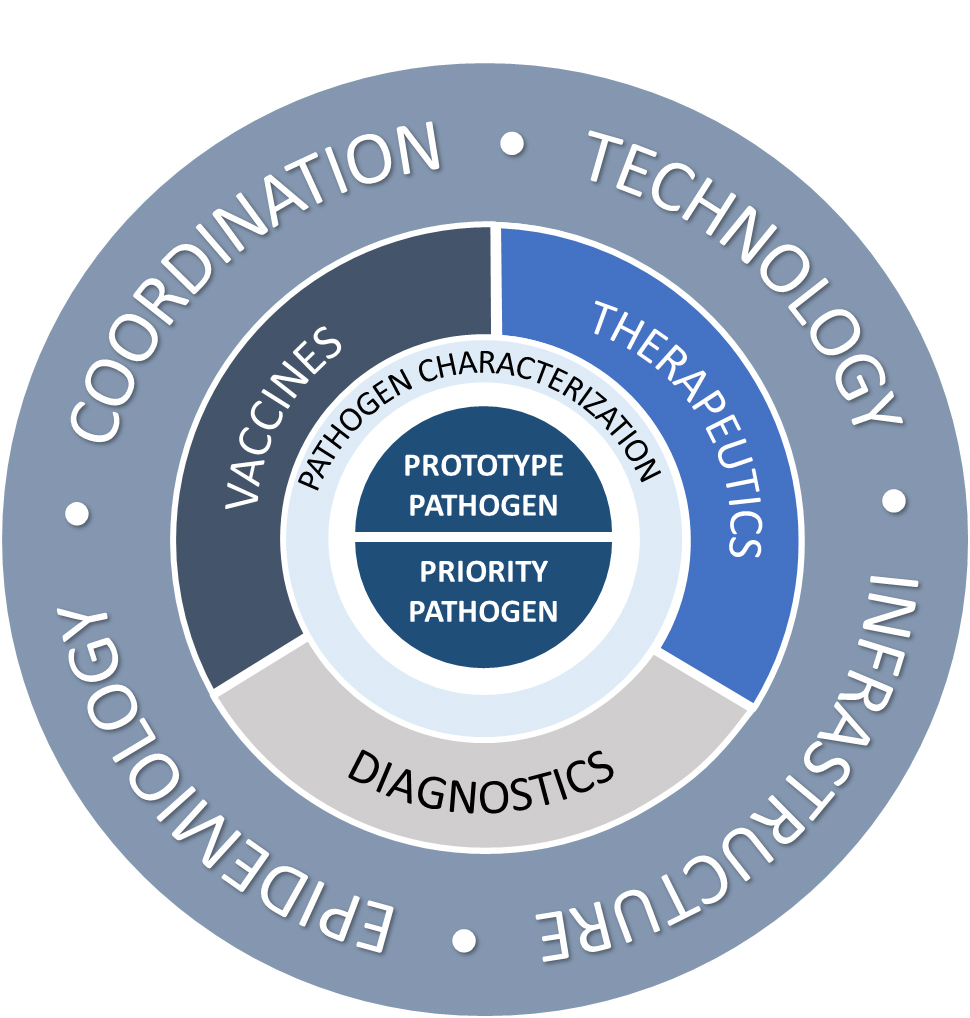
Introduction
In an interconnected world, global pandemic preparedness is paramount for safeguarding public health and mitigating the impact of infectious diseases. This article delves into the key components of global preparedness and the collaborative efforts required to strengthen resilience in the face of pandemics.
Early Warning Systems and Surveillance
A crucial aspect of global preparedness involves the establishment of robust early warning systems and surveillance mechanisms. Timely detection of potential outbreaks allows for swift responses, helping to contain the spread of infectious diseases. Investing in advanced surveillance technologies and international information sharing is essential for a proactive approach.
International Collaboration and Coordination
Global preparedness hinges on international collaboration and coordination. Countries, organizations, and healthcare systems must work together to share resources, expertise, and best practices. Collaborative efforts facilitate a unified response to pandemics, ensuring a more effective and comprehensive approach to tackling health crises.
Capacity Building in Healthcare Infrastructure
Building and enhancing healthcare infrastructure globally is fundamental to preparedness. This includes bolstering medical facilities, training healthcare professionals, and ensuring sufficient medical supplies. A robust healthcare system provides the foundation for managing surges in cases and delivering quality care during pandemics.
Strategic Stockpiling of Medical Resources
Global preparedness involves the strategic stockpiling of essential medical resources. Maintaining reserves of vaccines, antiviral medications, personal protective equipment (PPE), and other critical supplies ensures a rapid and well-equipped response when faced with a health crisis. Adequate preparation can mitigate shortages and save lives.
Community Engagement and Education
Empowering communities through education is a key element of global preparedness. Informing the public about preventive measures, promoting health literacy, and fostering community engagement create a collective awareness and responsibility. A well-informed population is more likely to adhere to health guidelines, contributing to overall pandemic resilience.
Research and Development for Therapeutics
Investing in research and development for therapeutics is vital for global preparedness. Developing effective treatments and antiviral medications can significantly improve outcomes during pandemics. Collaborative research efforts on a global scale accelerate the discovery and deployment of life-saving therapeutic interventions.
Technological Innovations in Disease Monitoring
Leveraging technological innovations plays a pivotal role in global pandemic preparedness. Advanced technologies, such as artificial intelligence and data analytics, enable real-time disease monitoring and prediction. Integrating these innovations into global health systems enhances the ability to detect and respond to emerging health threats.
Cross-Sectoral Partnerships for Resilience
Preparedness extends beyond the healthcare sector, requiring cross-sectoral partnerships. Governments, businesses, academia, and non-profit organizations must collaborate to address the social, economic, and environmental aspects of pandemics. A holistic approach ensures a resilient global community capable of weathering health crises.
Adaptive Policies and Contingency Planning
Adopting adaptive policies and contingency planning is crucial for global preparedness. Policies should be flexible, responsive to evolving situations, and informed by the latest scientific evidence. Contingency plans enable swift responses, reducing the impact of pandemics on societies and economies.
Conclusion with a Call to Action
In conclusion, global preparedness for pandemics demands a collective and sustained effort. Early warning systems, international collaboration, healthcare infrastructure, strategic stockpiling, community engagement, research and development, technological innovations, cross-sectoral partnerships, and adaptive policies form the foundation of a resilient global health ecosystem.
For more information on Global Preparedness for Pandemic and staying informed about the latest developments, visit GreenCitizens.net. Together, let’s strengthen our global preparedness and build a healthier, more resilient world.

